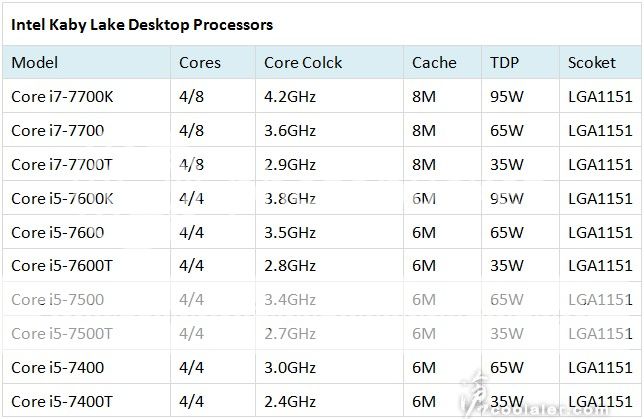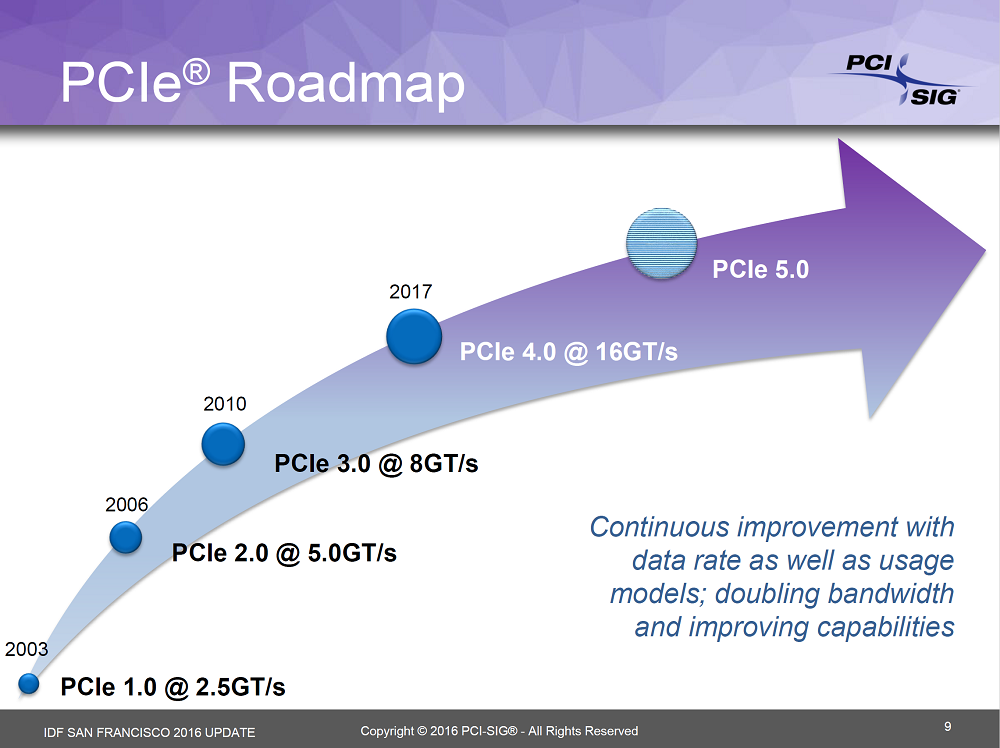New Media and Visual Experiences in the Next Generation Graphics Architecture
https://hubb.blob.core.windows.net/5a741d00-0c8a-45e4-9112-cfe073fe4ed1-published/a1745f79-7ae9-4e9c-8fad-dad8c647f8e7/VSETS01 - SF16_VSETS01_103f.pdf?sv=2014-02-14&sr=c&sig=v4APfYKReCxAna+9hRjHNmQUjM//oL1OVQNQ7z2D5Cw=&se=2016-08-17T18:40:10Z&sp=r
Media Beyond 6th Gen Intel® Core™ Processor
•HEVC 10-bit decode and encode hardware acceleration support
•HEVC encode quality and energy efficiency improvement
•Better video processing (upscaling quality, color accuracy, wider color support, RAW image processing, etc.)
•Better memory bandwidth reduction such as media memory compression
•Better media scalability and transcode density
https://hubb.blob.core.windows.net/5a741d00-0c8a-45e4-9112-cfe073fe4ed1-published/a1745f79-7ae9-4e9c-8fad-dad8c647f8e7/VSETS01 - SF16_VSETS01_103f.pdf?sv=2014-02-14&sr=c&sig=v4APfYKReCxAna+9hRjHNmQUjM//oL1OVQNQ7z2D5Cw=&se=2016-08-17T18:40:10Z&sp=r
Media Beyond 6th Gen Intel® Core™ Processor
•HEVC 10-bit decode and encode hardware acceleration support
•HEVC encode quality and energy efficiency improvement
•Better video processing (upscaling quality, color accuracy, wider color support, RAW image processing, etc.)
•Better memory bandwidth reduction such as media memory compression
•Better media scalability and transcode density




